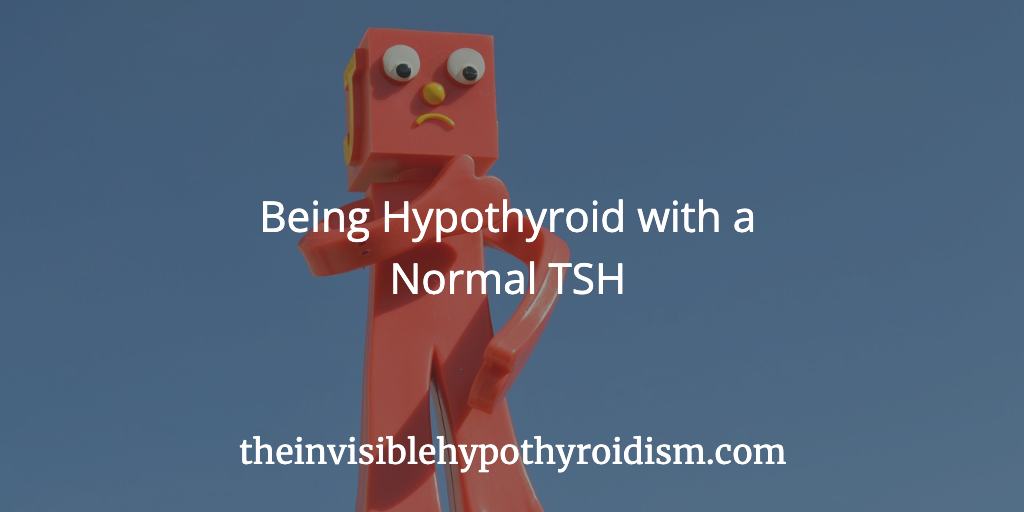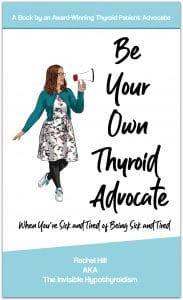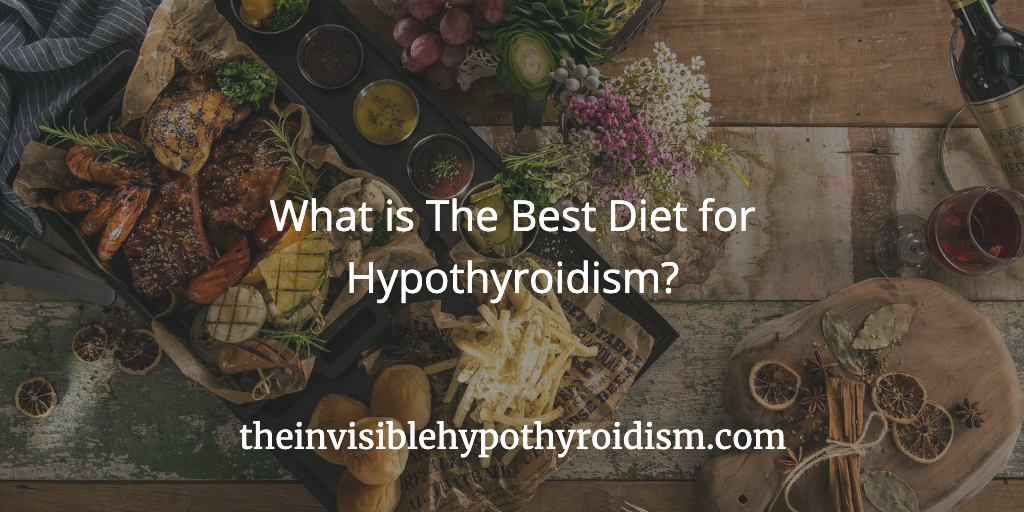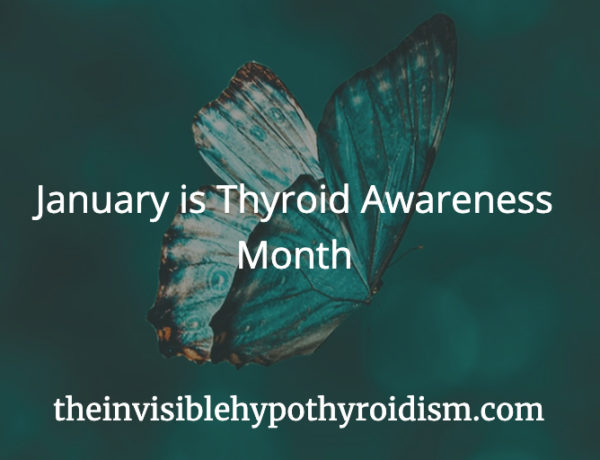Originally published on 13th May 2016 Last updated on 26th July 2024
Have you been told that your TSH is ‘normal’, ‘fine’, ‘OK’, or ‘in range’, yet still have thyroid symptoms such as fatigue, muscle aches and pains, hair loss and brain fog?
Did you know: You may or may not be on thyroid medication and have a TSH as described above, and still be hypothyroid?
Did you know: You could be hypothyroid at a cellular level, due to conversion problems of thyroid hormone T4 into T3?
Let’s explore this further.
The Difference in Thyroid Hormones
Let’s start by discussing the difference in thyroid hormone replacement medication.
The most prescribed thyroid medications are T4-only synthetics, such as Levothyroxine and Synthroid.
T4 is around 90% of what the thyroid gland produces, with around 9% being T3.
Some of the hormone T4 converts in to T3, or at least it should, and adequate levels of both are needed to help us feel well and carry out all our usual bodily functions and processes.
However, if someone who is on T4-only medication is struggling to convert it to any or enough T3, then they can have many ongoing symptoms of hypothyroidism.
What is a Conversion Problem?
An inability to properly convert T4 to T3 is common among thyroid patients and can result in a fluctuating TSH or a TSH that is ‘in range’ accompanied by a low Free T3 level.
Many patients have an in-range TSH, but when they actually check their Free T3 and Free T4 levels, they see that the T4 in their T4-only medication is not converting into enough T3.
Conversion issues can be caused by an enzyme called iodothyronine deiodinase that is either deficient or not compatible for some people. The enzyme iodothyronine deiodinase is important in the activation and deactivation of thyroid hormones. T4 is converted into T3 by deiodinase activity.
Another possibility for conversion issues can be adrenal dysfunction or other nutrient deficiencies such as iron or selenium. Poor gut health can also be a contributor.
By addressing these, you may fix the conversion problem, but many other people simply have a problem converting T4 to T3 and don’t know why.
However, it is a big reason as to why T3 and NDT medication can work better for a lot of patients, instead of T4-only medications like Levothyroxine or Synthroid, because it gives the patient direct T3, so they do not have to rely on their body to convert it.
Test Results
The optimal TSH level of below 2.5 or 2 is well-reported, but many doctors are still using an out-dated reference range which allows TSH to up to 5 or even 10, and feel that anyone falling within this wide range is adequately managed, even giving the diagnosis of ‘borderline’ or ‘subclinical’ hypothyroidism.
However, if your hypothyroidism is not properly managed, it puts you at risk of developing other health conditions, whether thyroid hormone levels are too high or too low. So we should be aiming for an optimal TSH of below 2.5 or 2.
If your TSH is within the recommended optimal range and you still don’t feel well, you can check that your Free T3 and Free T4 also sit in the optimal places in range. Other key tests, like adrenal function, are explained here.
A Note on Reverse T3
Another factor to take in to consideration could be your Reverse T3 levels. Reverse T3 is an inactive form of T3 and is often said to create a thyroid problem at the cellular level, with a normal TSH level. Other thyroid test results can look normal, yet Reverse T3 remains an issue.
However, please see here as to why testing Reverse T3 is often controversial and why I’m dubious about whether it’s truly useful. I lean more towards ‘no’, however, you will see other thyroid resources suggesting we must have it checked.
Have you been told your test results are ‘normal’, yet still experience ongoing symptoms?
You can click on the hyperlinks in the above post to learn more and see references to information given.
See also:
The book Be Your Own Thyroid Advocate: When You’re Sick and Tired of Being Sick and Tired, which builds on this article in detail.






